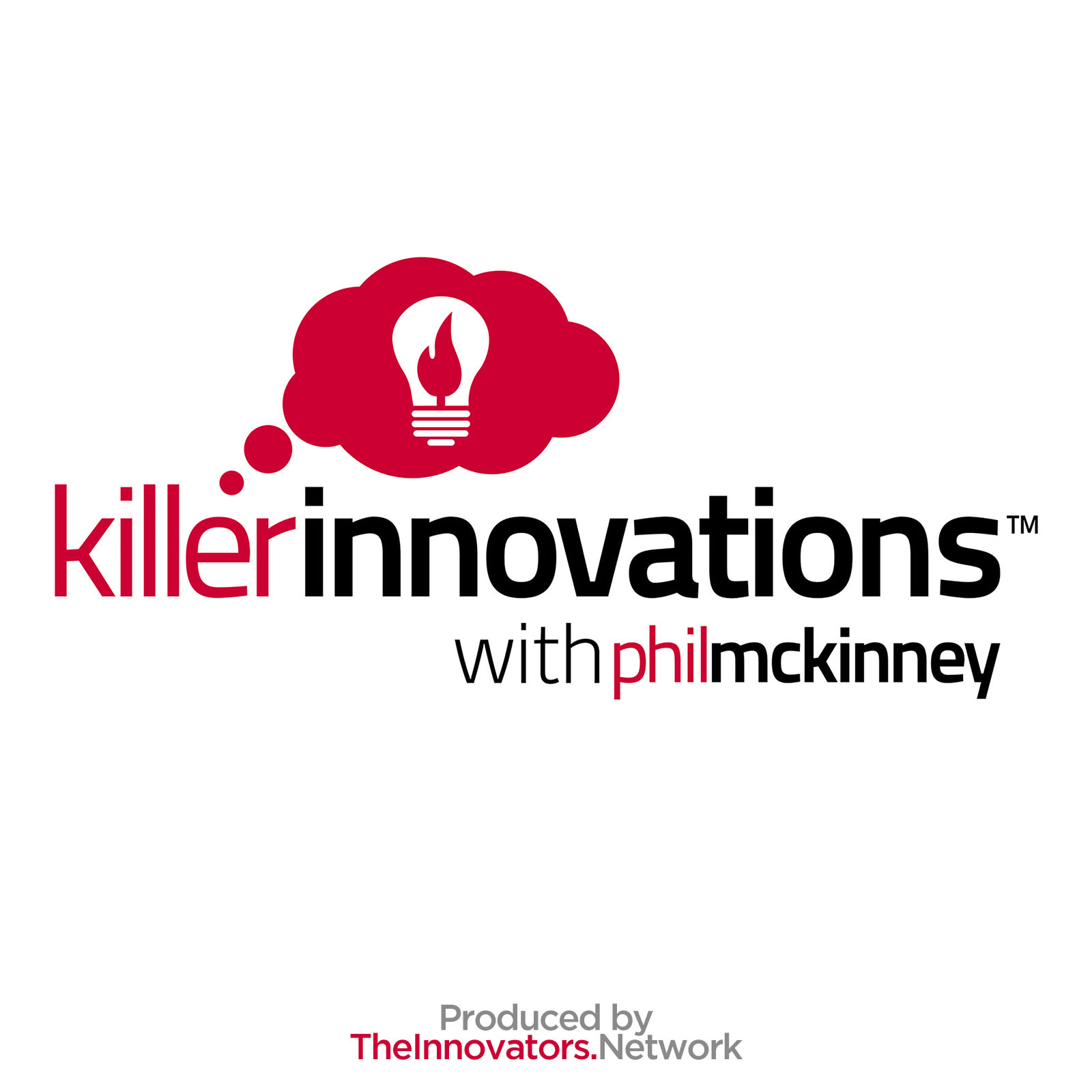Thoughts on Innovation

b'This week\\u2019s show is a little different than usual. I will be discussing some of my thoughts on innovation, mainly on what\\u2019s going on, the current events. I will also be responding to some fan feedback.
\\n
\\nSpaceX
\\nOne thing that has recently piqued my interest was the SpaceX Dragon demo launch. I was glued to the NASA stream and was quite impressed. The stream offered a great look at the inside of the rocket, and I got to watch the rocket launch into space. As a kid, I watched Apollo\\u2019s launch and Neil Armstrong taking steps on the moon, which excited me. I am a big believer in space due to the history of the U.S space program. It is an excellent catalyst for innovation.
\\nI believe all governments have a role in encouraging innovation. Technology, such as a sensor to monitor blood or oxygen levels, is just one of many creations that came from NASA. An innovative friend of mine, Gretchen McClain (former AD for NASA ISS), started a public-private partnership where the U.S paid others to build capabilities. The Russians built the U.S module that is part of ISS. I had the distinct privilege to be Gretchen\\u2019s guest at NASA to see the U.S module go up to be part of the ISS. Gretchen realized that to explore space better, it was essential to co-innovate. We are seeing more and more of this being done by our government today. The key is to\\xa0define a problem\\xa0in such a way that people feel like they can solve it.
\\nThe Future of Businesses
\\nOver the weekend, a friend sent me an article due to my interest in \\u201cmegatrends\\u201d over the years. It was from the\\xa0Charter Tribune by Chris Jones. The article was looking at the impact of COVID-19 on cities and asked whether they would recover. My friends asked me what I thought about all of this based on my megatrends research. My research always focuses on 10-20 years out and is constantly changing. No one can predict anything too accurately, but it is more about laying out the range of possible futures to be better prepared.
\\nIn the case of COVID, schools were out, businesses went to working from home, etc. Luckily, 80% of U.S homes have access to broadband services at home and have tools like Zoom to assist them. Zoom has turned out to be the tool that a lot of people are using for school and work purposes. We are learning how to work at remote locations other than the office. In my case, I have run the radio show from many places such as Florida, Kentucky, Las Vegas, D.C, etc., and have done it with similar efficiency as in the studio. I see a future model of working from anywhere springing up rapidly due to COVID.
\\nVirtual Brainstorming
\\nLast week, I took a meeting request from a key government agency in the U.S. They heard about the work I\\u2019ve been doing with the Marine Corps, VA hospitals, and in the past, the U.S Department of Education. They wanted to take what we have been doing with other agencies and apply it to them. I ran them through what we had done in the past and how we do our one-day\\xa0Ideation Workshops. One question that was posed was, \\u201ccan this be done virtually?\\u201d. My answer was yes. It can be done just as good virtually.
\\nSince COVID, I have been putting out \\u201cVirtual Brainstorming Demonstrations\\u201d on YouTube and have been hosting\\xa0virtual brainstorms. The process has been made easy with tools like Jamboard. Through doing this, I have found that it can be more inclusive and diverse.'